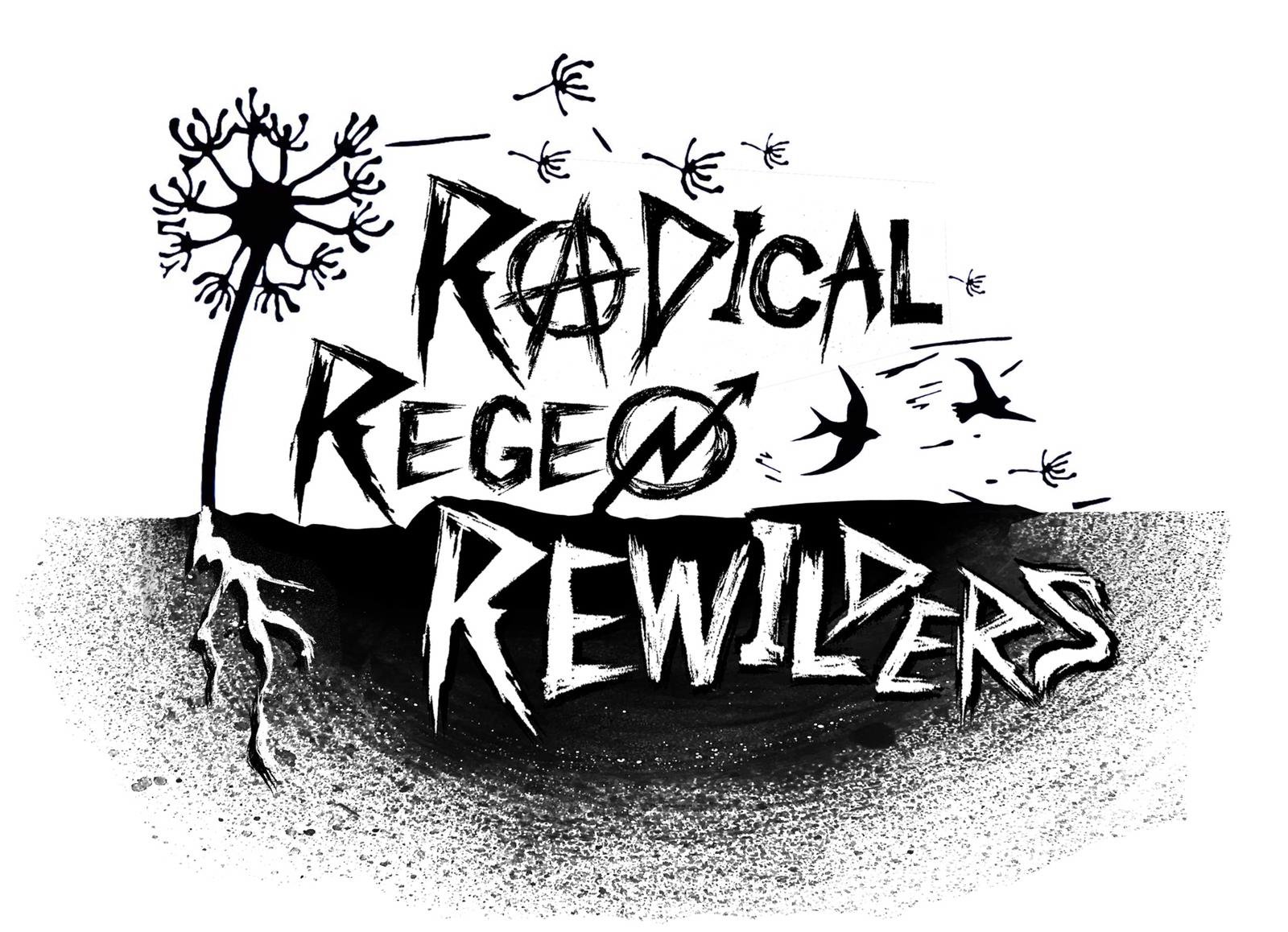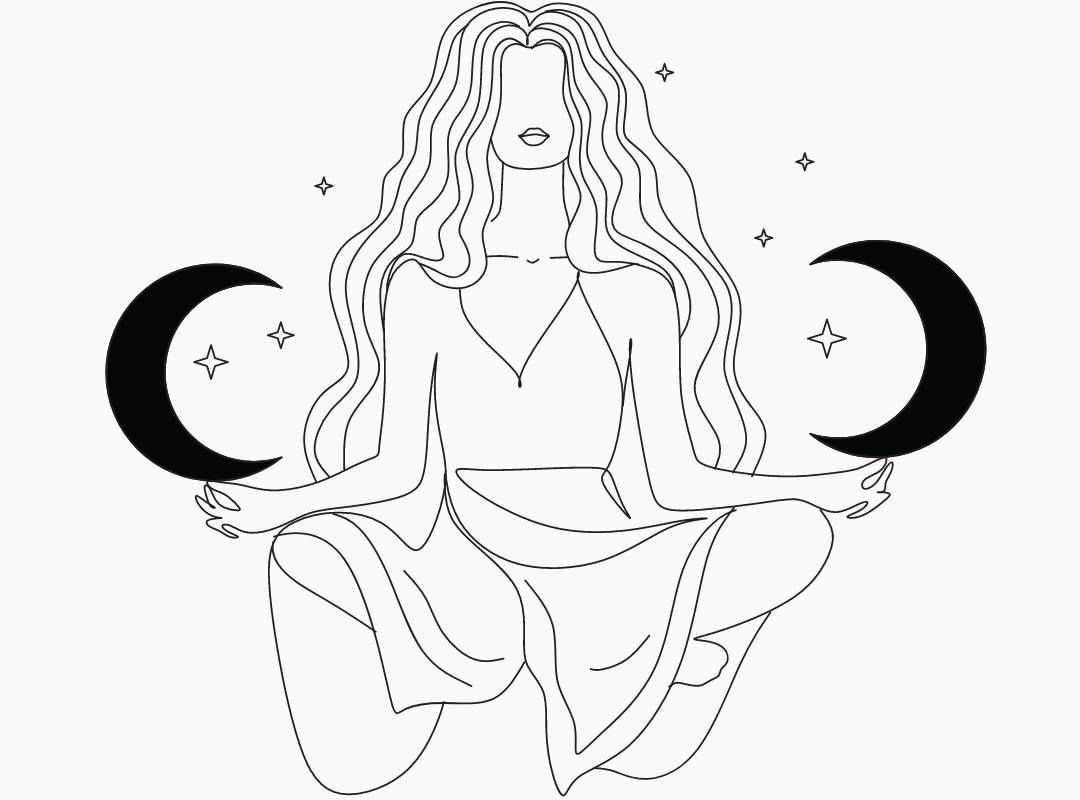The word ‘Doula’comes from the greek word
meaning to serve
Since time immemorial women have served and supported other women through their labour and birth.
these women knew each other,
young women grew up seeing birth,
supporting older family members,
and some would go on to apprentice and learn special knowledge.
Honouring the rite off Passage that is Childbirth.
the word Mid-wife means
‘With-Woman’
Having a known midwife has become a thing of the past
except for a very few who can afford to pay for independent midwives
A Doula is a non medical birth attendant who plugs that gap
A woman who is there to be present with you,
your partner,
other children
she can provide supportive massage and touch
she ensures that you are listened to
and your wishes are adhered to.
Usually Doula’s have given birth themselves
and have undergone training in supporting normal physiological birth
as well as some complications
she will understand the role of the environment,
continuous 1:1 support
and the role of hormones in labour,
birth and the early postpartum period.
Birth-keeper is another word women are using to describe themselves in relation to birth support
it describes a wider scope of practice than Doula,
which feels to me like a role a woman does
you might hear the term birth-worker too.
Most Birth-Keepers have a long established practice in a number of traditional modalities such as:
Rebozo,
Shiatsu,
Homeopathy,
Herbal medicines,
Closing the bones ceremonies,
Pregnancy massage,
Reflexology,
Acupressure,
Baby-wearing,
Placenta magic (encapsulation & more)
and many others…
She may have apprenticed with other traditional birth-keepers.
Each birth-keeper is individual and practices autonomously,
the most important aspect is the connection you share and discussing what role you want her to take.
If 1:1 support during labour and birth were a pill,
it would be unethical not to give it…
all the evidence is crystal clear.
Having a doula improves birth outcomes,
helps mums2be to feel safe,
and empowered,
reduces birth complications,
reduces unplanned caesarean births
and massively reduces birth trauma
because even when interventions happen
having a doula at your birth, means someone is there,
just to listen to YOU.
Here is one Pubmed Scoping Review..
I will come back and add further research as there is LOTS out there!
There are soooo many ways that we women can support each other
- each Doula or Birth-keeper is individual, just as the needs of each woman and her family are.
Some of the things that we have in common are:
Knowledge of and belief in the normality of birth.
Trust in the wisdom of women’s bodies and instincts.
Understanding the role of hormones and what makes a conducive birthing space.
My babies were born in 2009 & 2013
Both were home water-births with an independent midwife
On paper they both sound the same,
but were incredibly different experiences!
💦💦💦💦💦💦💦💦💦💦💦💦💦💦
Ever since I have remained passionate about birth and early parenthood.
🔥🔥🔥🔥🔥🔥🔥🔥🔥🔥🔥🔥🔥🔥
Supporting women to TRUST their own instincts,
navigating their own pathway through pregnancy, labour and birth.
꩜꩜꩜꩜꩜꩜꩜꩜꩜꩜꩜꩜꩜꩜
In 2013 I qualified with the National Childbirth Trust
as an Antenatal Educator,
and spent 8 years delivering packages of antenatal education to parents,
midwives and health visitors.
I now spend part of my year at the Da-a-Luz Birth-Keeper and autonomous Midwife Community in South Spain:
an amazing hub of women coming together to relearn and share skills,
knowledge and their passion for supporting women to step into their own power.
I have a number of complimentary modalities which I have learned over my 15 years of birth passion:
🧘🏽♀️ Pregnancy Yoga Teacher 🧘🏽♀️
👩🏽🍼 Mother & baby yoga Teacher 👩🏽🍼
⛺️Red Tent Doula Training ⛺️
💜 Baby-wearing Consultant 💜
⏮ 3 Step Rewind Practitioner
Pregnancy Massage Therapist,
Placenta Specialist,
Spinning Babies Aware Practitioner,
Hypnotherapy for Birth Practitioner,
Birth Art Facilitator
Trainee Steiner Early Years Teacher
and many more skills I have learned from other women















